The waiata below is a local waiata written by Na Piri Sciascia concerning the voyaging waka Takitimu.
Waitatia:
Waiatatia te maunuhanga mai i Hawaiki – (x2)
He waka tipua, He waka atua Te waka Tākitimu e! Waiatatia te maunuhanga mai i Hawaiki – (x2)
He maiangi nui, He maiangi roa He maiangi tipua Whakaea te waka ki runga ki te karemoana – (x2)
Tū-hikitia rā, Tū-hāpainga rā,
Tū-whakaeaea e Rauawatia te waka o Tamatea- Arikinui – (x2)
Tōia mai te waka, Utaina mai te waka Kauria te moana e Ngā tai poroniga, Ngā tai whakaruturutu Ngā tai o Ruamano e
He rei ngā niho, He terenga parāoa Ko Hine-makehurangi e Ko Hine-kōrito, Ko Hine-kōtea Te uru o Paikea e
Ko Tamatea E tu pawhai ake Ko Tākitimu E tu pawhai ake – (x3) He waka tipua, he waka atua Te waka Tākitimu e!
Tai aroha
Ko te aroha anō he wai (Love is like water) E pupū ake ana (continually bubbling up) He awa e māpuna mai ana (a river that will keep flowing ) i roto i te whatū-manawa (x2) (from within the very seat of the emotions)
Ko tona mātāpuna he hōhonu (From a very deep source) Ā ina ia ka rere anō (x2) (it will keep on rising)
He tai timu (an ebb tide) He tai pari (an incoming tide) He tai ope (a forceful tide) He tai roa (an expansive tide) He tai nui (x3) (a full tide)
He hōnore
He hōnore, he korōria (Honour and glory) maungarongo ki te whenua (Peace on earth) whakaaro pai e (and good thoughts) ki ngā tāngata katoa. (to all people)
Ake, ake, ake, ake, amine (Forever, amen) te Atua te piringa (It is God who draws us together) tōku oranga (and sustains us)
Pinepine Te Kura
Pinepine te kura, hau te kura,
Whanake te kura i raro i Awarua;
Ko te kura nui, ko te kura roa,
Ko te kura o tawhiti na Tuhaepo!
Tenei te tira hou, tenei haramai nei;
Ko te Umurangi, na te Whatuiapiti.
Nau mai, e tama, ki te taiao nei,
Ki’ whakangungua koe ki te kahikatoa,
Ki te tumatakuru, ki te tara ongaonga;
Nga tairo ra nahau, e Kupe,
I waiho i te ao nei.
Piki ake, kake ake i te toi huarewa,
Te ara o Tawhaki i piki ai ki runga;
I rokohina atu ra Maikuku-makaka,
Hapai o Maui, he waha i pa mai,
‘Taku wahine purotu!’ ‘Taku tane purotu!’
Korua ko te tau, e.
Little Tiny Treasure
Little tiny treasure, treasure of renown,
The treasure who came from below Awarua;
The noble treasure, the famous treasure,
The treasure from afar off, the treasure of Tuhaepo!
A strange visitor is he, lately arrived here:
He is Te Umurangi, descended from Te Whatuiapiti.
Welcome, O son, welcome to this world of life.
You are to be ritually strengthened with the kahikatoa,
With the tumatakuru and the taraongaonga;
These were the thorny obstructions that you, O Kupe,
Bequeathed unto this world.
Climb up, ascend by the suspended way,
The pathway of Tawhaki when he ascended on high,
And there found Maikuku-makaka,
Attended by Hapai of Maui, and greetings were uttered:
‘My beautiful lady!’ ‘My handsome man!’
A tribute for you two, O loved ones.
This waiata was composed by wi te tau a compilation of whakatauki for our hau wananga. Our roopu te reo hau rima o takitimu were the first roopu to bring it to life our kaea for this was Ata Morrell it has a quick tempo but today is sung much slower & drags. – Ripeka Kireka
Ko te amorangi ki mua
Ko te hpai o ki muri
Te tuturutanga mahi pono
O te Maori Mana Motuhake
Hei whakakuititanga
Hei whakakitenga
E rere e te huata hopukia
E rere e te manuka tomokia
E kore e ngaro te kakano
I ruiruia mai ra i rangiatea
E toku hinengaro ano
He wa kainga e hokia ana mai
Ki nga rau murimuri aroha
Kia hora te marino
Kia papa pounamu te moana
Kia tere te karohirohi
Ko te atua te kupu tuatahi
Ko te atua te kupu whakamutunga
Kia whakapaingia te ingoa o Ihoa
Whaia te iti kahurangi o te waka
Takitimu
